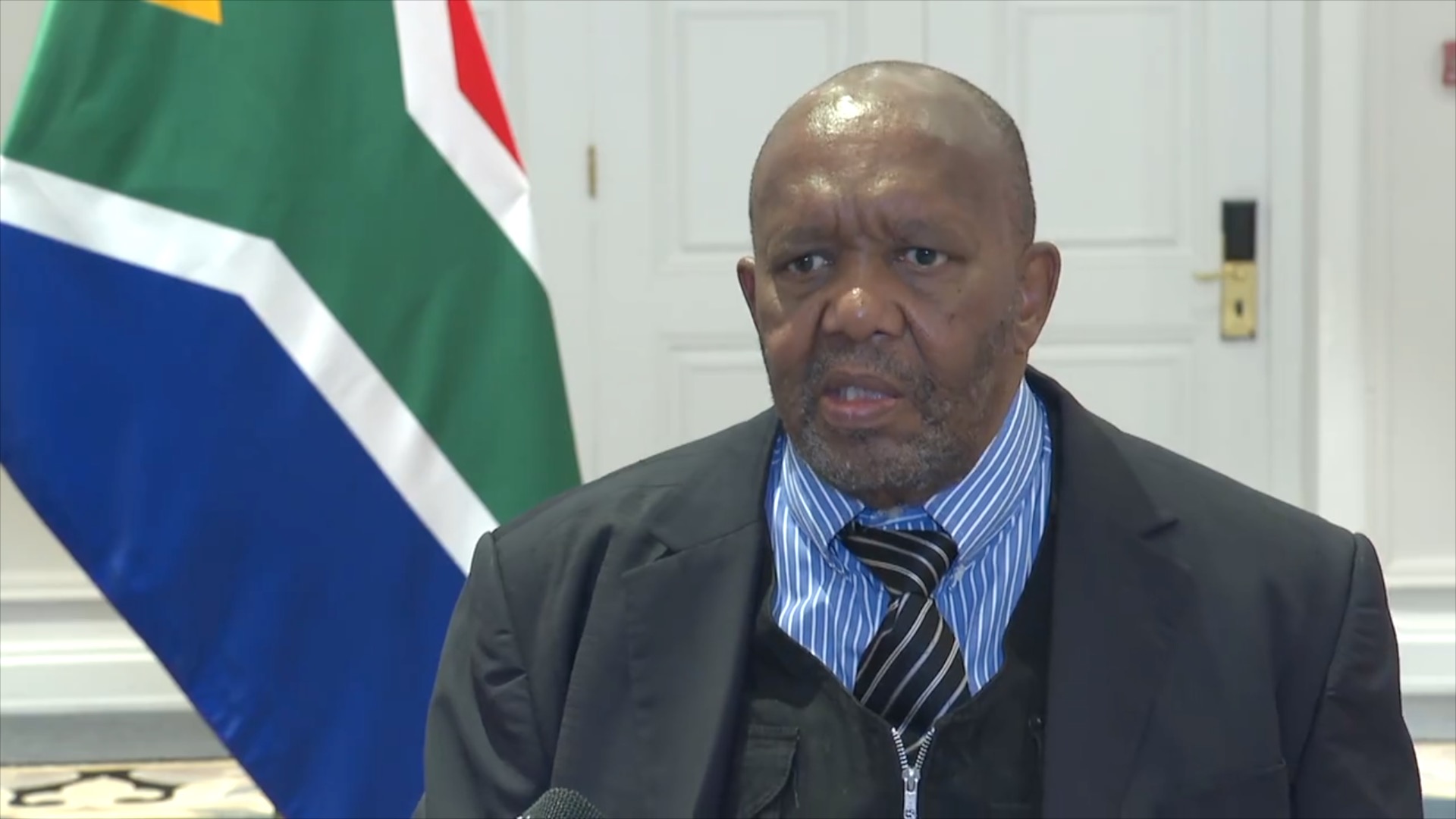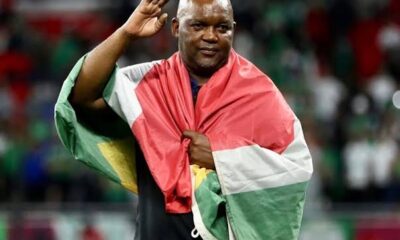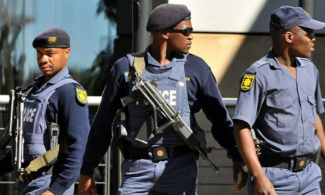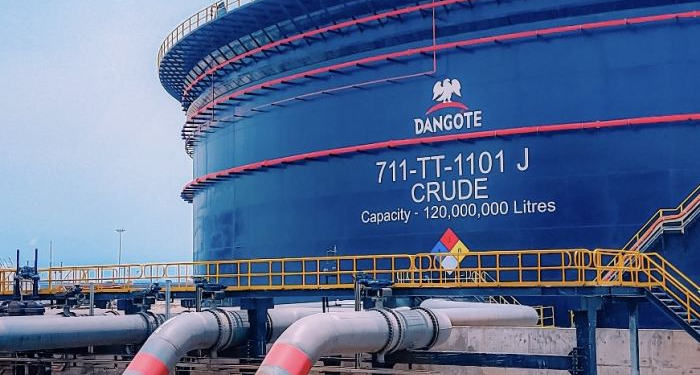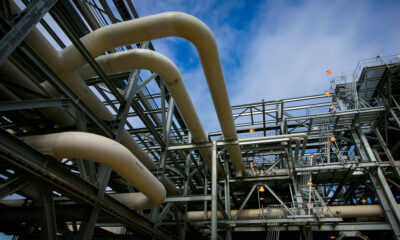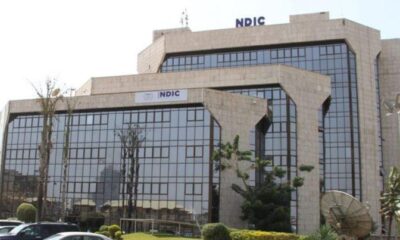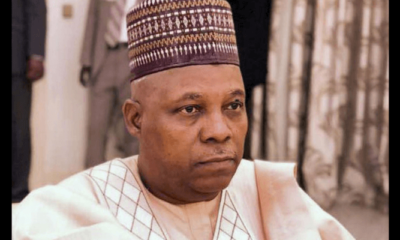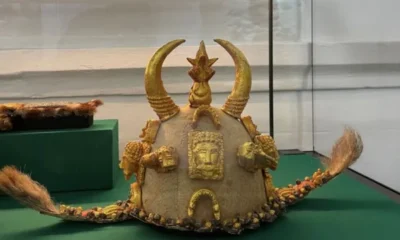The Nigerian government has revealed that the 650,000 barrels per day Dangote Petroleum Refinery will soon receive a full operating licence.
This was declared during the Nigerian Midstream and Downstream Petroleum Regulatory Authority’s Stakeholders’ Consultation Forum on Midstream and Petroleum Host Community Development Trust Regulations in Abuja.
However, the federal government’s NMDPRA clarified that although it had given the $20 billion refinery a pre-commissioning license, the Dangote refinery would shortly receive a fully operational license.
Former President Muhammadu Buhari opened the Dangote refinery in May 2023. In April of this year, the plant began supplying automotive gas oil, sometimes known as diesel, to the domestic market. Premium Motor Spirit, or petrol, has not yet been released.
NMDPRA Chief Executive Farouk Ahmed assured industry participants and other stakeholders during his speech at the summit in Abuja on Tuesday that the refinery would receive a fully operational license from the authority very soon.
Ahmed noted that just three refineries now have legal licenses. Ogbugo Ukoha, Executive Director of distribution Systems, Storage and Retailing Infrastructure, NMDPRA, represented him.
“We have issued three refineries with three valid licences. We awarded to Dangote refinery even in their pre-commissioning and sooner than later they will have full commission and a valid licence also to operate,” he stated.
He added that more licenses are being processed for approximately 15 gas facilities nationwide, out of the total number. As per the NMDPRA chief, 1,199 downstream facilities have valid licenses, and over 176 operators are authorized to import gas.
According to the head of NMDPRA, over 176 operators have gas import permits, while 1,199 downstream facilities have valid licenses. As of 10 a.m. on April 30, 2024, NMDPRA had licensed 9,464 retail shops. He also stated that 130 depots and 69 coastal vessel licenses were in effect.
“In the gas processing facility within the midstream, there are about 15 of them with valid licences. And much is under processing. If you go to the downstream sector, in the gas state of the downstream, more than 1,199 facilities have NMDPRA valid licences.
“More than 176 operators hold gas import permits. In the liquid licensing side of the downstream, there are 130 depots with valid licences and coastal vessels of more than 69 valid licences as of today. And in the retail outlets, we have 9,464 licensed retail outlets as of 10 am today, April 30,” Ahmed stated.
Nigeria is the largest oil producer in Africa, yet it frequently faces fuel shortages. It imports roughly 33 million litres of petroleum products per day and spent $23.3 billion last year. None of Nigeria’s publicly owned refineries has worked to capacity for years, despite several investments to revive them. The failure of both the previous and current governments has contributed to the high level of national anticipation surrounding the Dangote refinery.
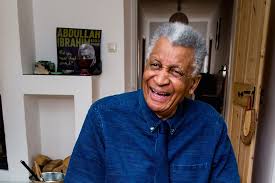
 Culture2 days ago
Culture2 days ago
 Tech2 days ago
Tech2 days ago
 Tech23 hours ago
Tech23 hours ago
 Sports2 days ago
Sports2 days ago
